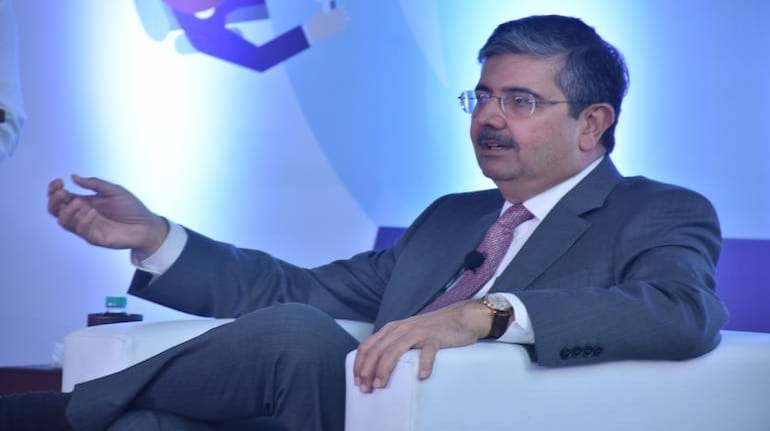The way India understands self-reliance is certainly being stronger, more confident and at the same time globally engaged, Kotak added.
The concept of globalisation is undergoing a transition in a world facing the challenge of COVID-19 pandemic and self-reliance is gaining momentum, CII President Uday Kotak said on September 15.
Speaking at a virtual CII-UK Conference, he said the pandemic has changed the future of the Earth in many ways and also given an opportunity to redefine mankind.
"The concept of international cooperation or globalisation as we have known is undergoing a transition. We are moving to a definition where the concept of self-reliance is gaining momentum in the world," Uday Kotak, who is also the managing director of Kotak Mahindra Bank, said.
The way India understands self-reliance is certainly being stronger, more confident and at the same time globally engaged, he added.
At the same time, he said, the concept of financial centre of the world is undergoing a change. With Hong Kong getting aligned to China and challenges in the Middle East (Dubai), London has an opportunity to become an even stronger global financial centre for Asian markets including India, he said.
Kotak further said the financial markets seem to be far less impacted than real economies in both India and the UK, thanks to policymakers and regulators. So both the countries can work together on the investment side in various areas like manufacturing, future skills, innovation, agriculture and value food chain, he said.
It is to be noted that India is the second highest FDI contributor to the UK, and Britain is the sixth largest foreign direct investor to India.
Follow our full coverage of the coronavirus pandemic here.

_2020091018165303jzv.jpg)






